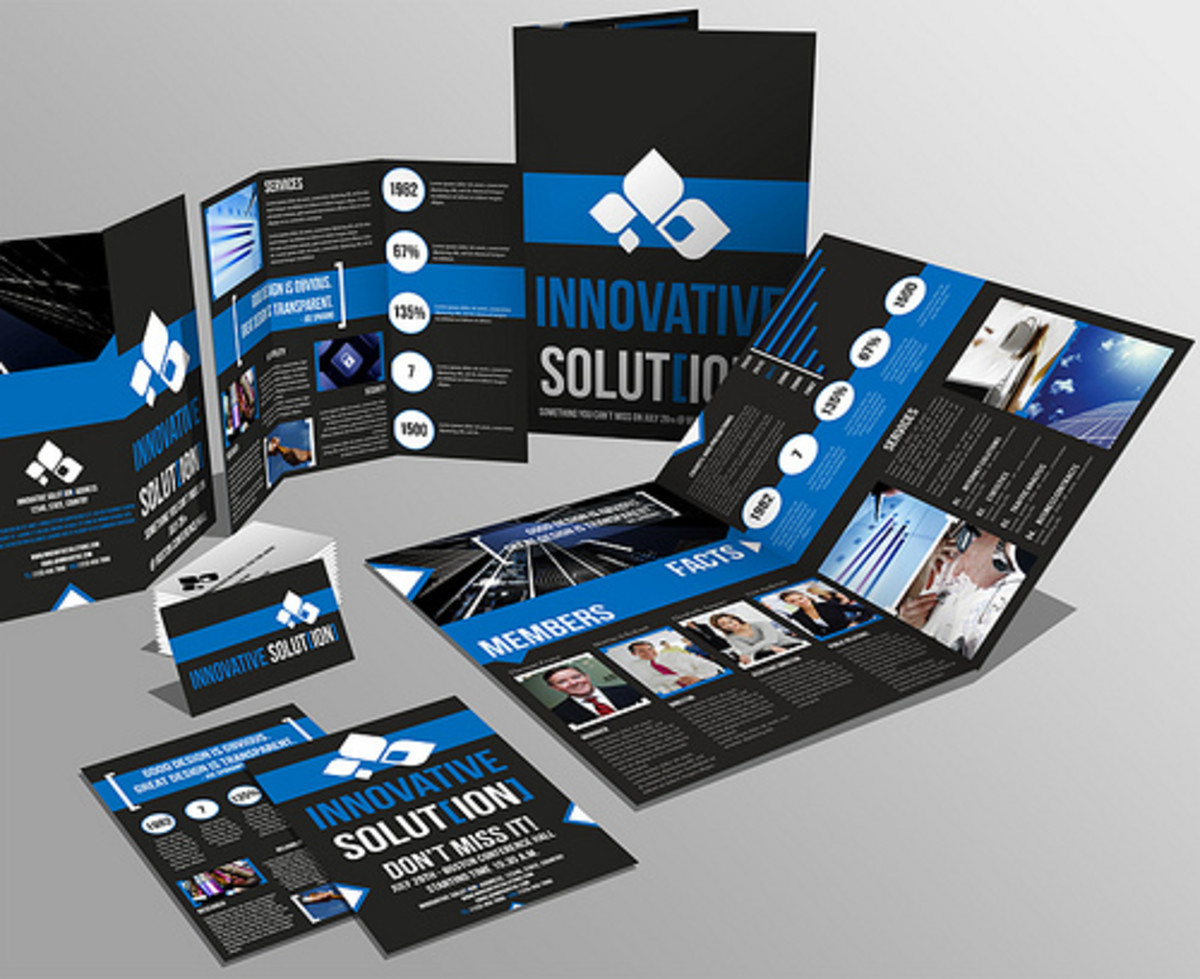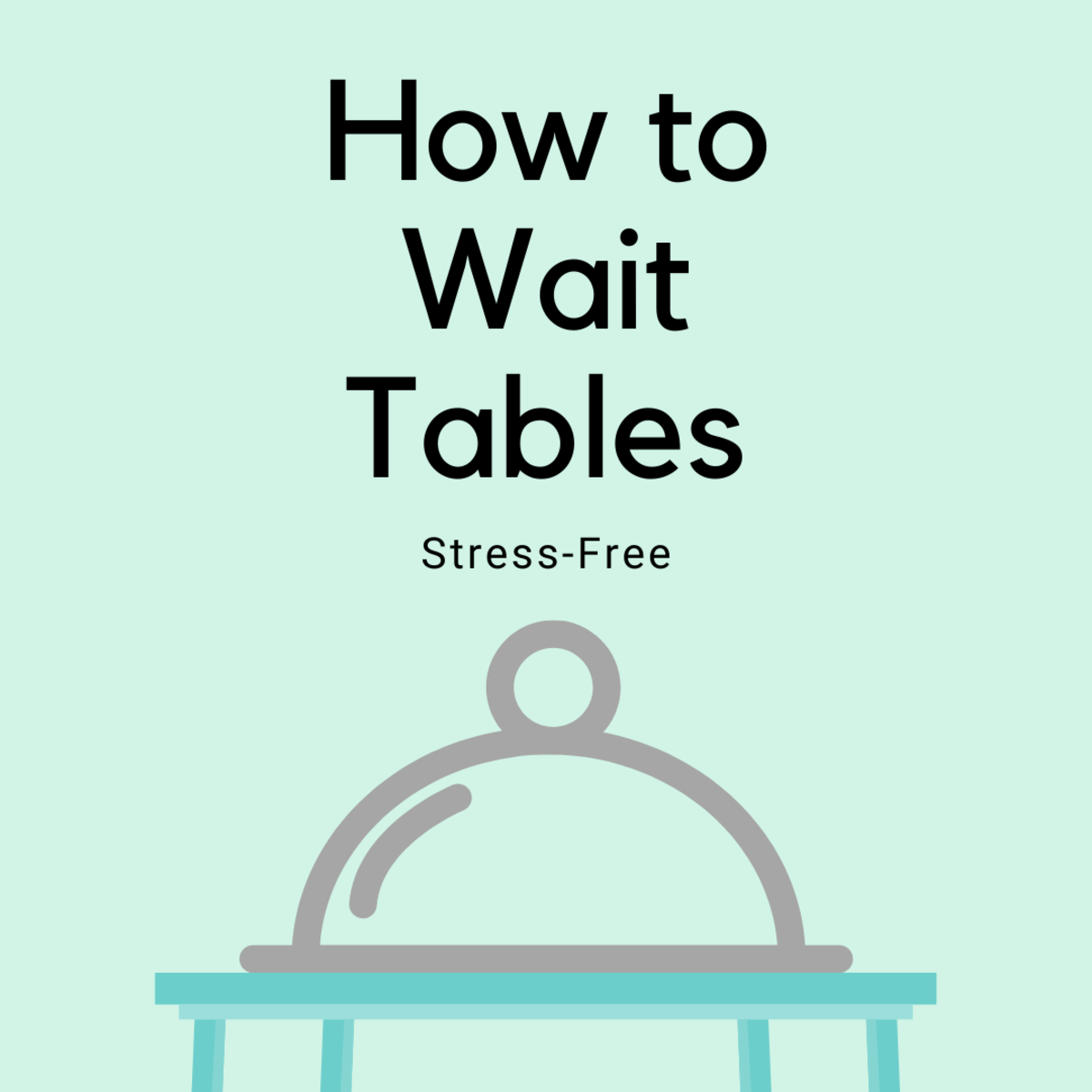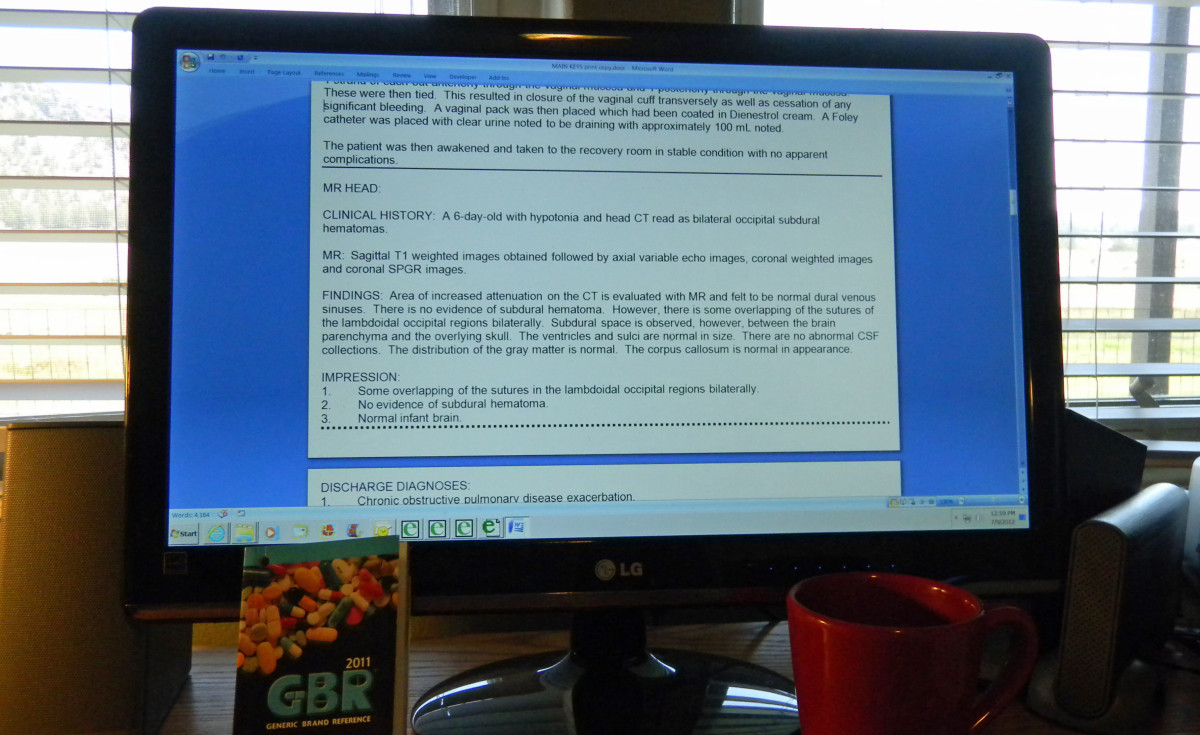How to Find Work After Earning a Free Online Certificate
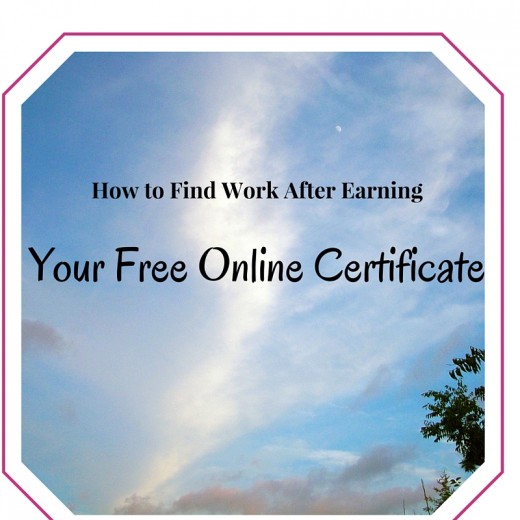
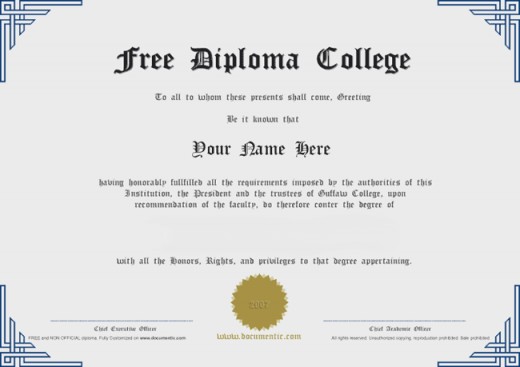
Congratulations! You've Completed the Course
You have mastered the skills, conquered the tutorials and watched hundreds if not thousands of hours of videos to finally finish taking all those courses. Or maybe that once course.
Now what? You did not earn a degree and in most cases with “free” courses you get no official certificate, just a downloadable one or perhaps you can pay for one on parchment.
But is this sufficient enough for a resume? Is it good enough to get your foot in the door of employment?
If you are like me, then earning free credits online sounds like a dream come true, but can it be real? Is it possible to find decent work with a free online certificate?
Sure it is. And here’s how.
Beef Up That Lean Resume
It is a very sad thing to have a resume with old jobs and experiences on it - I know from experience. How will your newfound knowledge from the web help your resume?
Combined with experience(which we'll explore later), you have now mastered some concepts.
If you have studied anything technical online like web designing, desktop publishing and the like, be sure to save your projects or have an online portfolio to show that you know how to study and apply what you've learned.
For now, here is how to beef up that resume.
Steps to take:
- Utilize keywords that pertain to your studies as part of your objective(i.e. "Substitute for ____years looking to work with special needs children" or "Persistent, Dedicated programmer looking for entry level position"
- The part of the resume that mentions awards and certificates, make sure you indicate your online certificate(please do not say you earned it online unless specifically asked about this!)
- Have you volunteered or worked at a job similar to what you've studied online? Make sure you indicate that in the experiences/skills section of your resume.
Check Out What This Website Says About Portfolios...
To maximize your chances of getting hired, you want to make yourself look more interesting to your prospective employers – and more importantly, prove that you can program. Since you won’t have a university degree or any official certification, you’ll need to find other ways of building credibility.
- from Codequest[source]
Portfolio + Experience = Goldmine
Highlighting these skills you’ve learned online is just the first step.
Now the equally, if not, greater part of the equation is if you have proof of your learning.
We live in a “show me” world. So just putting down “Certified to teach special needs children” is not enough. Have you tutored? Have you substituted a class before? Volunteered some hours?
If not then someone else with the knowledge and experience will take the position.
For example, coders who learn programming online have the advantage of testing their skills on Django and Github or offering up their services to potential clients(which we'll discuss later).
This leads to my next point.
For a certain a job, having a portfolio is key to getting a position. If you are trying to become a book designer and you have studied designing online including mastering Photoshop, Illustrator and other software, it would be very prudent of you to keep files of the work you’ve done.
A beautiful way to do this is to have your portfolio on the web. You can use blogs, weebly.com, or about.me.
I use Power Point and save my projects to a thumb drive. Either way you need to have some proof to show the hiring managers you know exactly what you are doing.

Free Certificates
Should employers hire someone who earned a free certificate online?
Get Linked In...Literally
And I mean really linked in. Looking for work is hard enough. LinkedIn is a super cool networking site to place all your skills on board. Everyone including hiring managers will spot you and your work here which cuts the job hunting in half if you ask me.
Here are just five ways to get the most out of LinkedIn:
- Make your headline count.
- Are you actively job hunting or just browsing around?
- Follow target companies.
- Use your status update often- build community.
- Don't be passive! Be active on that site, engage with others and update those skill sets.
Find all ten tips on Ten Ways to Use LinkedIn.
This will be a great time to show off the impressive list of skills you have gained just from learning on the web!
Which kind of certification would you like to earn online?
Freelancing is Freedom
I hear folks say, “Getting my own business is too risky and not my thing.”
Have you thought about freelancing?
Freelancing is a bit more flexible than owning a business.
Steps to take:
- Complete your free online certificate.
- Develop your portfolio with crisp, clear images of your work and make sure all links are working.
- Join a site(like Fiverr) and begin creating the gigs you want to specialize in. Be sure to let your friends and family know- without being too spammy.
- Or instead of joining a site, create your own storefront or just talk to people about what you do. This is a great time to have business cards and flyers handy.
Some people are quitting their day jobs because they’ve made so much money on Fiverr.com. And I think it is because with Fiverr, you advertise your expertise in an area and people are willing to pay the low price of five dollars for it.
Any skill such as voice over, book cover designer and even something as simple as posting comments and reviews, people will pay for! I have made and still make decent money doing this.
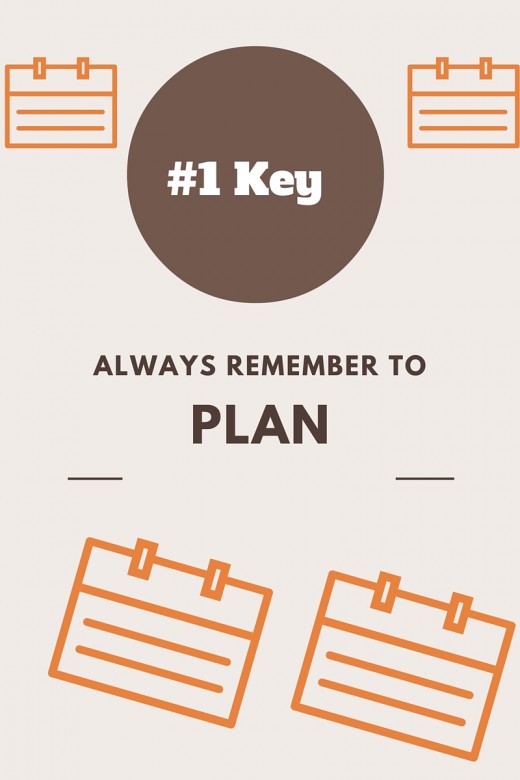
Some Common Pitfalls and Encouragement
Don’t worry, this part should not get you down, it is just a caution and encouragement at the same time.
Let’s not forget that you have gained more knowledge, for free. And there are plenty of reputable sites out there you can learn from and get the experience.
However, not every job will accept this. Some jobs will require a two year, or four year and above degree just off the top.
Secondly, make sure you are actively downloading and saving certificates you have earned online and if you can- please purchase a certificate on parchment so it looks professional or as an alternative, print it out on professional paper and frame it!
A great way to showcase this, is to post them up on your blog or website somewhere, so others can get a "feel" for what you know.
Third and finally, whatever site you decided to learn from, make sure their material is up to date. That will help a lot.
So to sum up:
-
Add new skills to your resume each time you learn it.
-
Create an awesome portfolio via the web or save it to somewhere(this is excellent and more likely required for writers and artists, and programmers).
-
Get plugged in(network) using social media and offline. This means let people know you are qualified for the work.
-
And finally start using those skills to freelance. This is an excellent way to hire yourself; and if you decide to work at a company in the future you can add this to your resume as well. It qualifies as experience. Have testimonials handy!
Let's keep the discussion going! Should free certificates be accepted by employers? Why or why not?
What is your experience?
Please share below!


